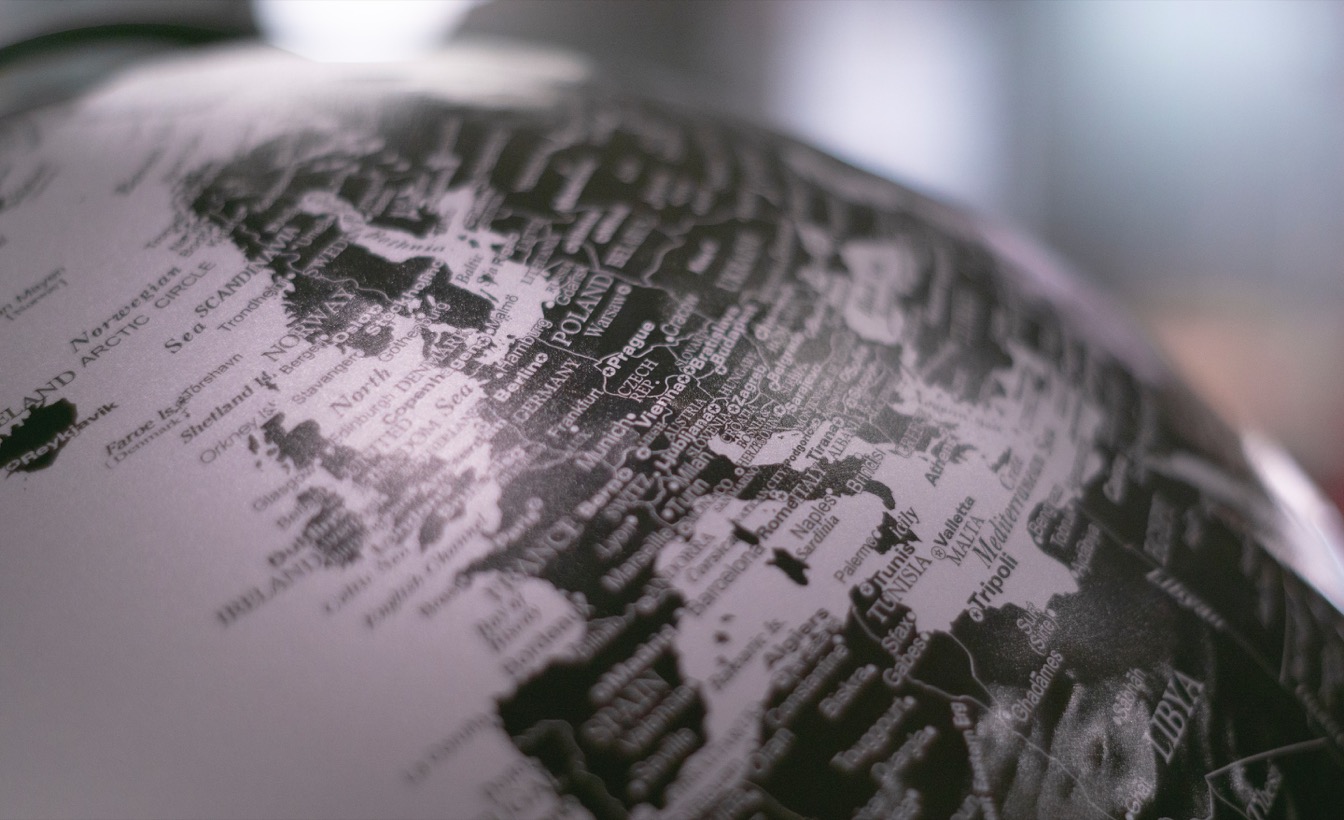
News
Contributing to “fundamental shifts in the structure of our economy” – Charlie Heaps, winner of our Leadership Award, discusses his work
Cathryn Poff speaks to Charlie Heaps, winner of the LEDS GP Leadership Award for ‘leading design’, on his work with the Long-range Energy Alternatives Planning System (LEAP), the widening impacts of the software, and how it is building capacity amongst the decision makers of the future.
First developed by the Stockholm Environment Institute (SEI) decades ago, the Long-range Energy Alternatives Planning System (LEAP) climate modeling tool has evolved into an invaluable resource for climate planning. “It’s helping influence the next generation of people who are going to be having to address these climate development questions in the future,” notes Charlie Heaps, currently the lead developer of the software.
When he took the position with LEAP twenty-five years ago, he knew he was assuming an exciting position. Now, “It’s my life’s work,” says Heaps. With thousands of users in over 190 countries around the globe, from the Balkan countries to China to Kazakhastan to the United States. Heaps develops and troubleshoots the software and works with trainings in the software, which is designed to be easy to use and rests on over one million lines of code. He says that flexibility and transparency are among the key strengths of the LEAP modeling tool. Heaps and his colleagues are developing a web-based version of the application, so user governments can post their models on the web and gain wider audiences among their citizens. The topic is so important it requires all stakeholders be involved. “It’s not like making little tweaks around the edges,” Heaps states. “We’re talking about quite fundamental shifts in the structure of our economy you know, so it really needs to be something that’s much more open and transparent. Because you’re going to need more people and more perspectives involved. You know, it’s about saying what do you want the future to be like.”
While one of the biggest challenges in many countries’ use of LEAP is getting good data, once that hurdle is overcome, LEAP is a tool whose power is partially in helping countries start to gather usable data and in guiding decisionmakers’ thinking on climate issues. “The capacity building that’s gone on,” he says, “I think that’s made me feel most proud about this … Hundreds of people now in more than sixty countries that we’ve trained to use the software. And then there’s the even more indirect impacts of actually, you know, exposing people to these news ideas about climate mitigation and changing their way of thinking. I think over the very long run [this] has had quite a big impact in terms of people who’ve started out learning to use this software but have gone on to maybe have very senior positions in energy ministries where the kind of thinking that we exposed them to many years ago is now really leading to the way they’re thinking about the climate problem and helping them formulate their long range development strategies today.”
While LEAP has fostered thousands of users and garners new ones all the time, Heaps sees a need for more capacity. “I’d say that’s the big challenge for low emission development strategies and the LEDS GP effort in general. It’s not so much telling people to do new things,” he notes. “It’s [that] now we have to go from having ministries in developing countries where there are three or four people working on these topics, that needs to be a few hundred people in every country now. It’s what we’ve got to do in the next ten years. Capacity is getting better, but it needs to be scaled up.”
After all these years, Heaps is still inspired by working with LEAP. “You know you’re really connected into the policy process but you’re doing something interesting scientifically. So that’s really cool,” he remarked. “Also you get to work on something you think is important. I used to say to staff, what’s not to like – you get to work on the most important problem facing the planet.”
The other categories for the LEDS Leadership Awards were as follows:
- Acting on Implementation: Ms. Andrea Guerrero, Director of Economic, Environmental and Social Affairs Ministry of Foreign Affairs, Government of Colombia
- Achieving Results: Ms. Kanya Onsri, President, Environmental Conservation and Alternative Career Community
For more information on our LEDS GP Leadership Awards, please see here.
For press queries regarding this news story, please contact:
Cathryn Poff
cathryndc@gmail.com
+1.202.747.4786
